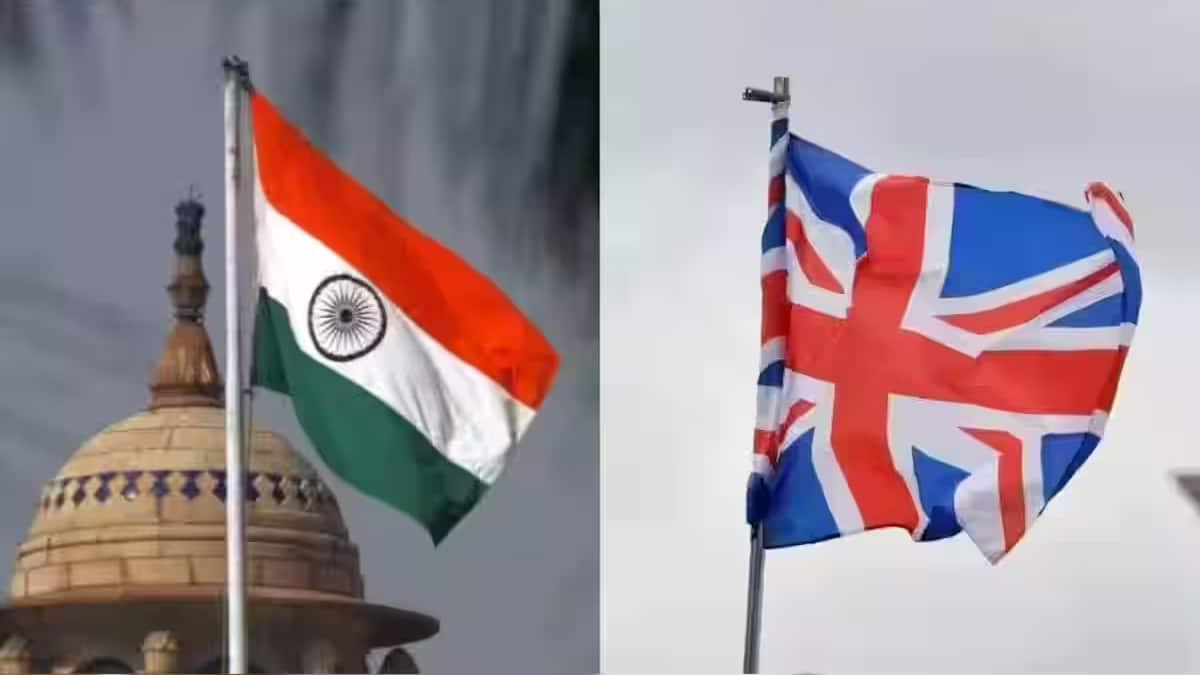India-UK FTA Negotiations: Navigating Complex Trade Challenges for a Strong Bilateral Partnership
The India-UK Free Trade Agreement (FTA) negotiations are currently underway in New Delhi, marking a significant development in the economic relations between these two nations. The anticipated four-day visit by the British Prime Minister, Rishi Sunak, to New Delhi hinges on the resolution of several pending issues within the trade agreement. Both India and the United Kingdom are optimistic that this pact will yield mutual benefits, with hopes of doubling bilateral trade to an impressive US$100 billion by 2030.Sources, speaking to Financial Express Online on the late evening of October 16, 2023, have confirmed the existence of several complex issues that remain unresolved in the trade agreement. Among these challenges, the Rules of Origin (ROO) issue stands out as a major sticking point that requires careful resolution. Additionally, the inclusion of a Social Security agreement is another intricate matter on the negotiating table.The United Kingdom seeks flexibility in the criteria for determining the national source of a product through ROO. They believe that India’s proposed rules are stringent, and therefore, India’s agreement to implement product-specific rules for ROOs represents a significant development. This approach involves distinct rules for different products, taking into account factors like value addition and changes in tariff headings. The extent of transformation required to meet these rules remains a crucial point of contention.
Rules of Origin (ROO) are instrumental in determining the level of processing and value addition that must occur in an FTA country to qualify for duty benefits. The UK is concerned that India’s ROO requirements could restrict access for several British goods, particularly automobiles, to the Indian markets.
India is second largest investor in the UKIndia’s status as the second-largest investor in the UK is a testament to the substantial economic ties between the two nations. In 2019-20, India established 120 new projects in the UK, creating 5,429 new jobs. Over 800 Indian companies operating in the UK generate consolidated revenues of £41 billion and employ nearly 110,000 people. This substantial contribution to the UK economy demonstrates the potential for further investment opportunities between these Commonwealth partners.Additionally, the Confederation of Indian Industries (CII) reports that there are hundreds of thousands of Indian employees on secondment to the UK, further enhancing the economic collaboration between the two nations.One of the priorities for India in this FTA negotiation is the inclusion of a social security agreement. This agreement aims to protect the interests of Indians working in the UK on short-term assignments by ensuring they do not lose money in social security contributions that they cannot eventually benefit from. The social security agreement may include a crucial ‘export of benefits’ clause, allowing the UK authorities to remit any state pension entitlement accrued in the UK directly to India for Indian employees upon their return.
Expected interinary of British PMRishi Sunak’s visit to India is expected to encompass Delhi and Mumbai, with the possibility of Chennai being included in his itinerary if time permits. This flexible itinerary underlines the importance of this trade agreement and the commitment of both nations to finding common ground for their mutual benefit.
